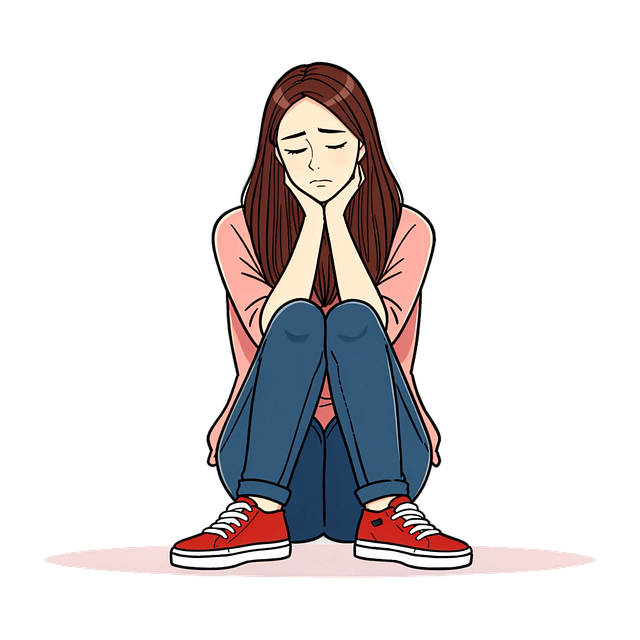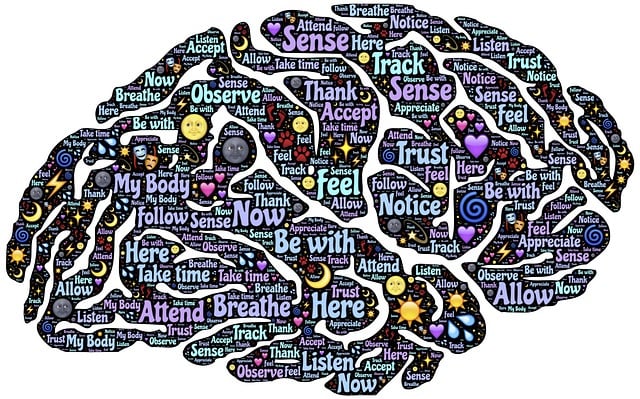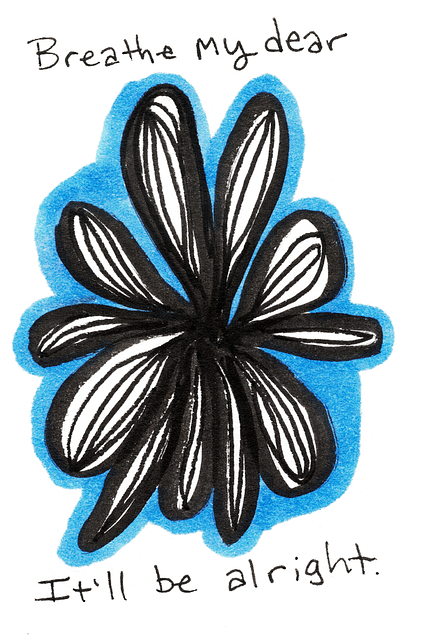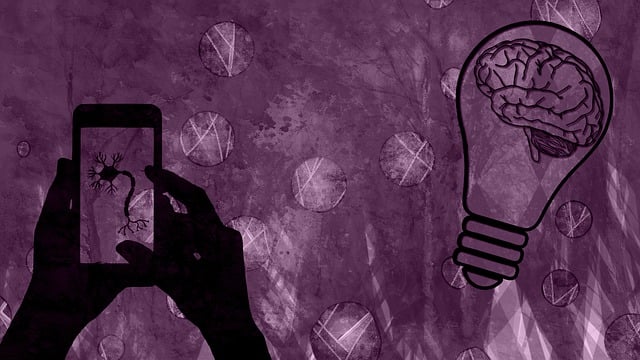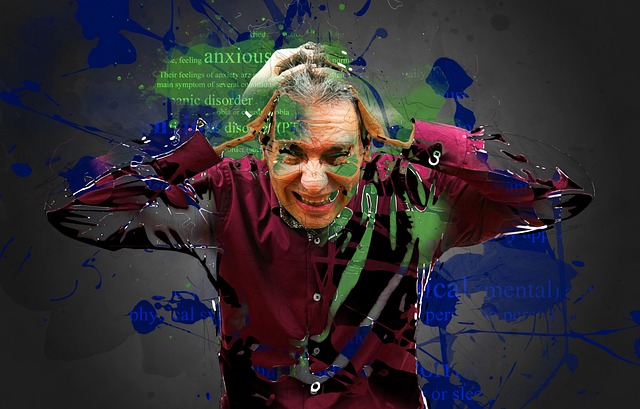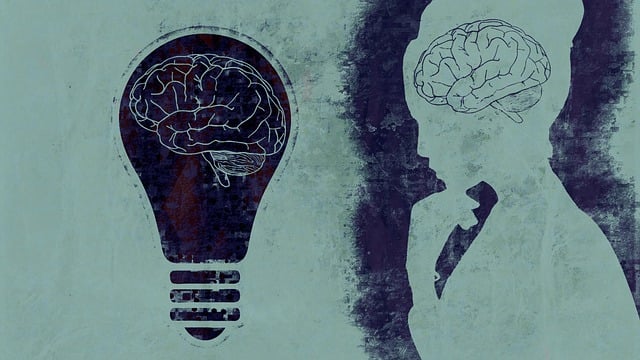For elderly individuals, self-care practices are essential, especially when addressing unique challenges like chronic health conditions or social isolation. Incorporating daily routines with mindfulness and physical activities can significantly enhance well-being. Certified EMDR therapists offer effective crisis interventions and reprocess traumatic memories, improving mental health awareness and resilience. Customizing self-care to individual preferences ensures longevity, while affirmations and goal-setting empower elders to take charge of their mental health journeys. Overcoming societal barriers to self-care, including stigma, is crucial for maintaining emotional intelligence and depth of connection, emphasizing the importance of EMDR-certified therapy for elders.
“Enhance elderly well-being with self-care practices—a vital aspect of holistic health. This article explores effective strategies, focusing on EMDR therapy as a game-changer in mental health care for seniors. We’ll delve into understanding the significance of self-care, practical tips for daily routines, and overcoming common barriers to foster a sustainable journey. Discover how an EMDR-certified therapist can guide elders towards improved mental wellness, emphasizing the power of self-nurturing.”
- Understanding Self-Care for Elderly Well-being: The Role of EMDR Therapy
- Practical Strategies for Incorporating Daily Self-Care Routines
- Overcoming Barriers and Building a Sustainable Self-Care Journey
Understanding Self-Care for Elderly Well-being: The Role of EMDR Therapy

For elderly individuals, self-care practices are essential for maintaining overall well-being. Understanding and prioritizing self-care can help navigate the unique challenges that come with aging, such as chronic health conditions or social isolation. EMDR (Eye Movement Desensitization and Reprocessing) Therapy emerges as a valuable tool in this context, offering effective crisis intervention guidance for seniors. This evidence-based therapy has proven successful in addressing traumatic memories and emotional distress, which can significantly impact mental wellness.
By integrating EMDR into self-care routines, elders can enhance their mental health awareness and resilience. Certified EMDR therapists play a crucial role in guiding this process, helping individuals reprocess traumatic events and reduce their impact on daily life. This approach allows seniors to develop effective coping strategies, fostering improved mental wellness coaching programs that cater specifically to their needs.
Practical Strategies for Incorporating Daily Self-Care Routines

Incorporating daily self-care routines can significantly enhance overall well-being, especially for elders seeking therapy for various mental health concerns. A practical strategy is to start small and consistent. Begin with simple practices such as dedicated time for mindfulness exercises or engaging in physical activities suitable for their abilities. Even a brief morning meditation or an afternoon walk can make a profound difference. Customizing these routines to individual preferences ensures longevity and adherence.
For those with access to EMDR-certified therapists, integrating self-care becomes even more effective. Therapists can guide clients through specialized techniques for stress management workshops, enhancing self-awareness exercises that foster emotional regulation. Additionally, focusing on self-esteem improvement through positive affirmations and goal-setting sessions can empower elders to take charge of their mental health journeys, complementing the professional support they receive.
Overcoming Barriers and Building a Sustainable Self-Care Journey

Overcoming barriers to self-care is a significant step towards fostering well-being, especially for older adults who may face unique challenges. Many individuals struggle with prioritizing self-care due to societal expectations and personal beliefs that equate rest or vulnerability with weakness. However, this perspective must shift to recognize the importance of self-care in maintaining mental health and overall quality of life, particularly as we age.
Building a sustainable self-care journey involves incorporating therapeutic practices such as EMDR (Eye Movement Desensitization and Reprocessing), which is an effective approach for processing traumatic memories and reducing symptoms of anxiety and depression. For elders, therapy can provide a safe space to explore personal narratives, enhance emotional intelligence, and develop empathy-building strategies. By addressing mental health concerns and stigma reduction efforts through increased Mental Health Awareness, individuals can embark on a transformative path, leading to improved resilience and a deeper connection with themselves and their communities.
Self-care is an essential aspect of maintaining elderly well-being, and integrating practices such as EMDR therapy can significantly enhance quality of life. By understanding the importance of daily routines and overcoming barriers, seniors and their caregivers can foster a sustainable self-care journey. EMDR-certified therapists play a crucial role in guiding individuals through this process, offering practical strategies tailored to their unique needs. With consistent effort, these practices can lead to profound improvements in mental health and overall happiness for our aging population.

